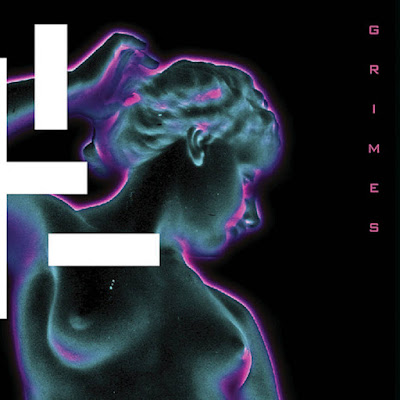The Red Krayola - God Bless the Red Krayola and All Who Sail With It (1968)
Psychedelic Rock / Avant-Folk / Art Punk
God Bless the Red Krayola and All Who Sail With It has a reputation for being ahead of its time in the way it predicted underground music trends for the several decades that followed its release in 1968, but it feels more accurate to say that this sketchbook of oddball alien ideas actually instead lives outside of time. It's not as if approaching the record over half a century later armed with the knowledge of and familiarity with '70s punk, '80s post-punk, and '90s indie rock lends some additional understanding to The Red Krayola's befuddling experiments, as some of the record's brief excursions sound totally farfetched even by today's standards. Rather than fitting into our own lineage of alternative rock as an early participant, the collection comes across more as an independent evolution of those aesthetics that was beamed in from a parallel universe that just happened to stumble upon them decades earlier.
The first few tracks offer a perfectly diverse yet representative sampling of what God Bless the Red Krayola has to offer, starting with the eerily primitive sea shanty "Say Hello to Jamie Jones" which sets a connecting tone of unease before the grating twee chorus of "Music" takes over. Fortunately for the less successful tracks, no mood lasts longer than about two minutes (and track two's particular misstep is relegated to interlude status with an even shorter runtime) so before the listener has a chance to process the discord it's already onto the murkily lo-fi, dirge-like tape collage "The Shirt" which traps the faint hint of an acoustic melody underneath its industrial screech with the darkest and most unsettling production of the entire set.
The restless spirit of those first few songs carries through to the end of the album, but the late-period Let it Beatle pre-empting country folk-rock aesthetic that makes its first appearance on "Victory Garden" is the primary mode that serves as the record's backbone, though when repeated later on it's more often deconstructed as a barebones interplay between spider-footed bass patterns and scattered drum hits. The warmer foreground guitar and stoned '60s psych-pop vocal melodies are sparse but efficient, joining the fray to coalesce around simple yet off-kilter half-ideas in moments that have an accidental, improvisational feel as if conceived during a mental fugue state or a fit of psychosis. The far-reaching results certainly touch on a lot of sonic elements that went on to become cornerstones of various sub-genres in the years that followed (though I doubt many would cite the relatively obscure Red Krayola as a direct influence), but ultimately God Bless' set of twenty miniatures remains an arrestingly unique pastiche that sounds like a greatest hits edit culled from a lengthy basement jam session in some alternate dimension.



Comments
Post a Comment